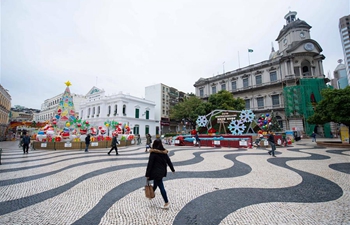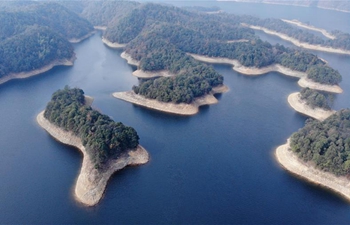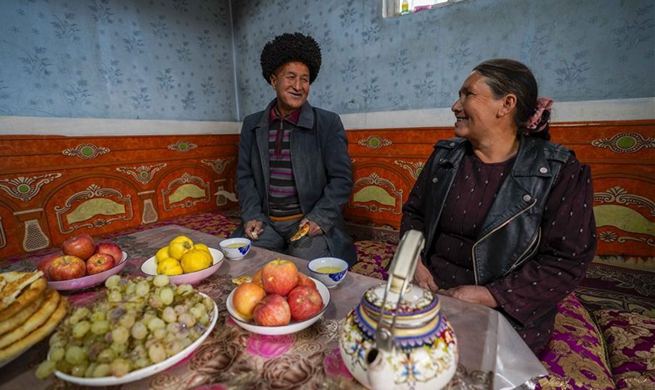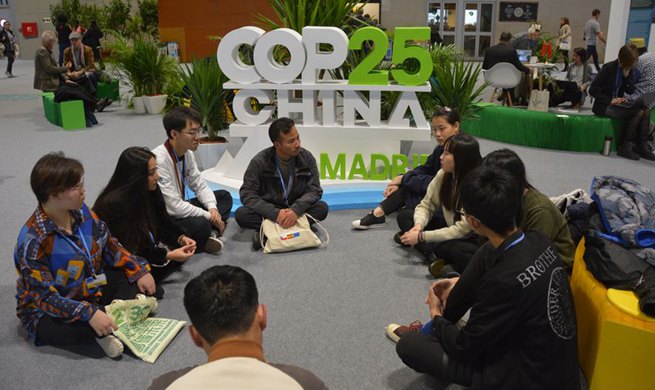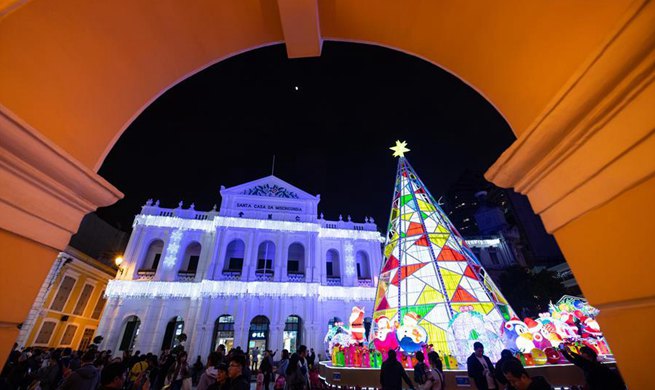JUBA, Dec. 6 (Xinhua) -- The South Sudan government said on Friday the crucial divisive and contentious issue of the number of states with the opposition will be resolved through referendum vote amid fears that it could scuttle the fragile peace deal.
Martin Elia Lomoro, minister of cabinet affairs revealed that the country risks reversing the nascent gains it is enjoying in the wake of signing the revitalized peace deal in September 2018 with the armed opposition if it reverted to the 10 states from the current 32 states decreed by President Salva Kiir in 2015.
"The government and one group of the opposition umbrella support the 32 states on the ground that dissolving them will cause crises or insecurity that will dismantle the stability of the country and the implementation of the peace process," Lomoro told journalists in Juba after the weekly cabinet meeting.
He disclosed that President Salva Kiir was deeply concerned about the issue of reverting to the 10 states favored by the Sudan People's Liberation Movement-in-Opposition led by former First Vice President Riek Machar.
Lomoro also said that the issue of determining the number of states and their boundaries which is among the sticky outstanding issues including the security arrangements can only be resolved through a referendum vote.
The former warring parties on Tuesday met in Juba under the mediation of South African deputy president David Mabuza, and Ismail Wais, the Intergovernmental Authority on Development (IGAD) special envoy to South Sudan but failed to agree on the issue.
The warring parties failed to form the transitional unity government in May citing these unresolved issues and later on agreed to a six-month extension which later on passed on without tangible progress.
President Kiir and rebel leader Machar on Nov. 12 met again in Uganda in the presence of Ugandan leader Yoweri Kaguta Museveni and Abdel Fattah al-Burhan, head of the Sudan Transitional Council and agreed to extend the pre-transitional period for another 100 days before forming the much-awaited transitional unity government by February 2020.
The communique signed by both parties after the meeting disclosed that they will review progress after 50 days of the peace implementation process.
South Sudan descended into conflict in December 2013 after Kiir sacked his deputy Machar, leading to fighting between soldiers loyal to respective leaders.
